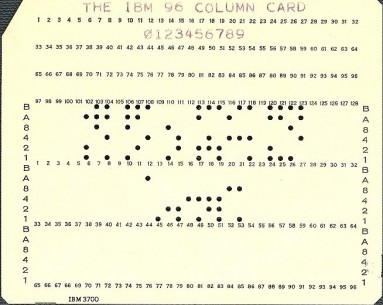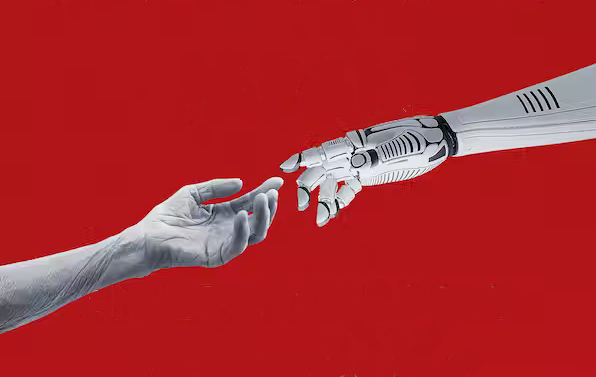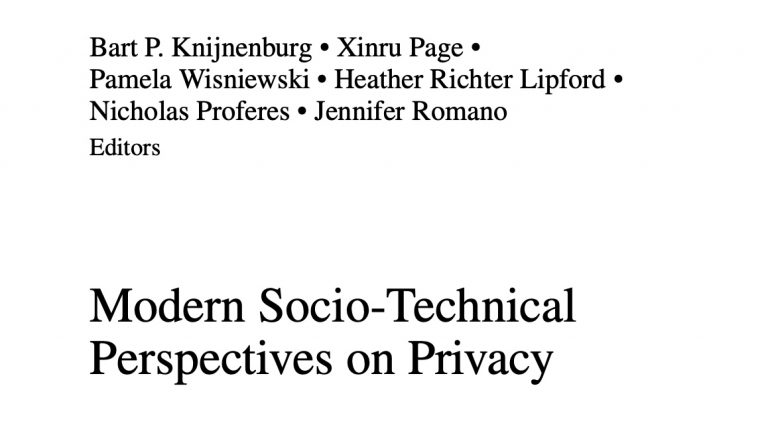The epistemology of Big Data

In addressing the insecurities of postmodern thought, Big Data falls prey to some of the same issues of interpretation, writes Michael Pepi in The New Enquirer.
More in particular, Pepi points out that “the conditions that generated postmodernism were an intellectual half-step toward the logic that permits the hegemony of networked computing — the era of grappling with Big Data.”. He goes on:
“The ideology of Big Data — that capitalists can and should mine a massive, schema-less trove information that we produce for patterns — is implemented through the discourse of e-commerce, social media, comments, video, and log files. By these means, capitalism rushes to the oracle of difficult-yet-omnipresent data to unlock and replenish the faith in a universal certainty and meaning. Judgment and certainty can then return to art only as networked aesthetic discourse — as the output of Big Data–style analysis. Hermeneutics become statistics. A critic’s opinion can be modelled, predicted, and exposed for its cultural contingencies and biases: Just map their browsing history, show a histogram of authors they cite by age, race, and sex. Analytics permits few myths since narrative scarcely survives reams of data.”



